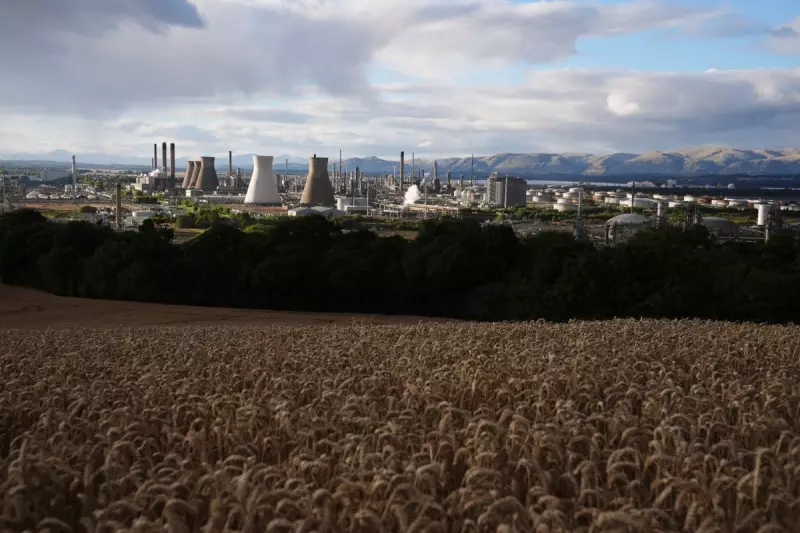
Scotland's energy security faces a severe blow as petrochemical behemoth INEOS has issued a stark warning about the future of the Grangemouth refinery—the nation's last remaining oil processing facility.
The company has placed the Scottish and UK governments on notice, indicating that without substantial support and a clear transition plan, the complex's refining operations could cease as early as 2025. This move would directly threaten hundreds of skilled jobs and send shockwaves through the Scottish economy.
A Pillar of Scottish Industry Under Threat
Grangemouth isn't merely a refinery; it's a critical national asset. It processes a staggering 70% of Scotland's fuel requirements, supplying petrol, diesel, and aviation fuel across the country. Its closure would force Scotland to become reliant on fuel imports, potentially increasing prices and undermining energy independence.
INEOS, which acquired the site from BP in a landmark £750 million deal, points to mounting financial pressures, including rising carbon taxes and fierce international competition, as making the current refining model unsustainable.
The Human Cost: Hundreds of Jobs on the Line
Beyond the macroeconomic implications lies a deeply human story. The potential shutdown puts approximately 500 direct jobs at the refinery itself in immediate jeopardy. Furthermore, the closure would severely impact the adjacent petrochemical plant, which supports another 1,500 positions and is a cornerstone of the UK's manufacturing sector.
Union representatives and local MPs have expressed profound alarm, urging ministers to intervene swiftly to protect the workforce and the community that has depended on the site for generations.
A Call for Government Action and a Green Transition
At the heart of the issue is a call for a coherent government strategy. INEOS is not merely announcing a closure but is actively challenging policymakers to collaborate on a viable path forward. This includes potentially transforming the site into a import terminal and focusing on its profitable petrochemicals business, which produces essential raw materials for countless industries.
The situation at Grangemouth presents a microcosm of the wider energy transition dilemma: how to balance immediate economic stability and jobs with the long-term shift towards a net-zero future. The decisions made in the coming months will resonate far beyond the Forth Valley, setting a precedent for how the UK manages its industrial evolution.
All eyes are now on Westminster and Holyrood to respond to what is rapidly becoming a critical test of the UK's industrial and energy policy.





